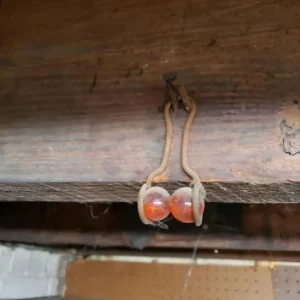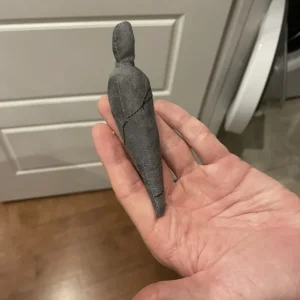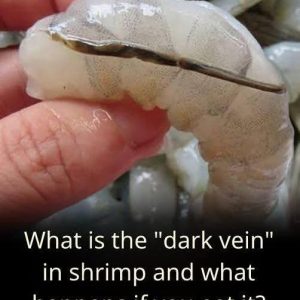It’s astonishing to learn what bodies can overcome and how they adapt to certain abnormalities. For example, Tessa Evans’ rare condition, diagnosed as Bosma arhinia microphthalmia syndrome, has not only impacted the world of medicine but also touched the hearts of many. Born without a nose on Valentine’s Day in 2013, Tessa’s story is one of resilience, pioneering medical breakthroughs, and unwavering love from her family.
Tessa Evans’ rare condition, Bosma arhinia microphthalmia syndrome, affects the development of the nose, eyes, and puberty. It can also impact brain structure. This condition is so rare that only about 100 cases have been recorded globally. First documented in Vietnam in 1981, historical references suggest it might date back even further. Today, Tessa Evans is part of a small but remarkable group of individuals who have defied the odds.
Tessa Evans’ rare condition made her the first person to undergo groundbreaking treatment at such a young age. When she was born, her parents, Grainne and Nathan Evans from Maghera, Northern Ireland, were shocked, as there had been no signs during pregnancy. Despite the initial heartbreak, the couple embraced their daughter’s uniqueness and sought innovative solutions to improve her quality of life.
At just two weeks old, Tessa underwent her first surgery to receive a tracheostomy tube, enabling her to breathe and eat more easily. By age two, she became the youngest patient to receive a cosmetic nasal implant. Thanks to advancements like 3D printing and medical tattoo artistry, Tessa will have a more permanent nasal structure as she grows. Her parents hope these procedures minimize future surgeries and help normalize her profile over time.




